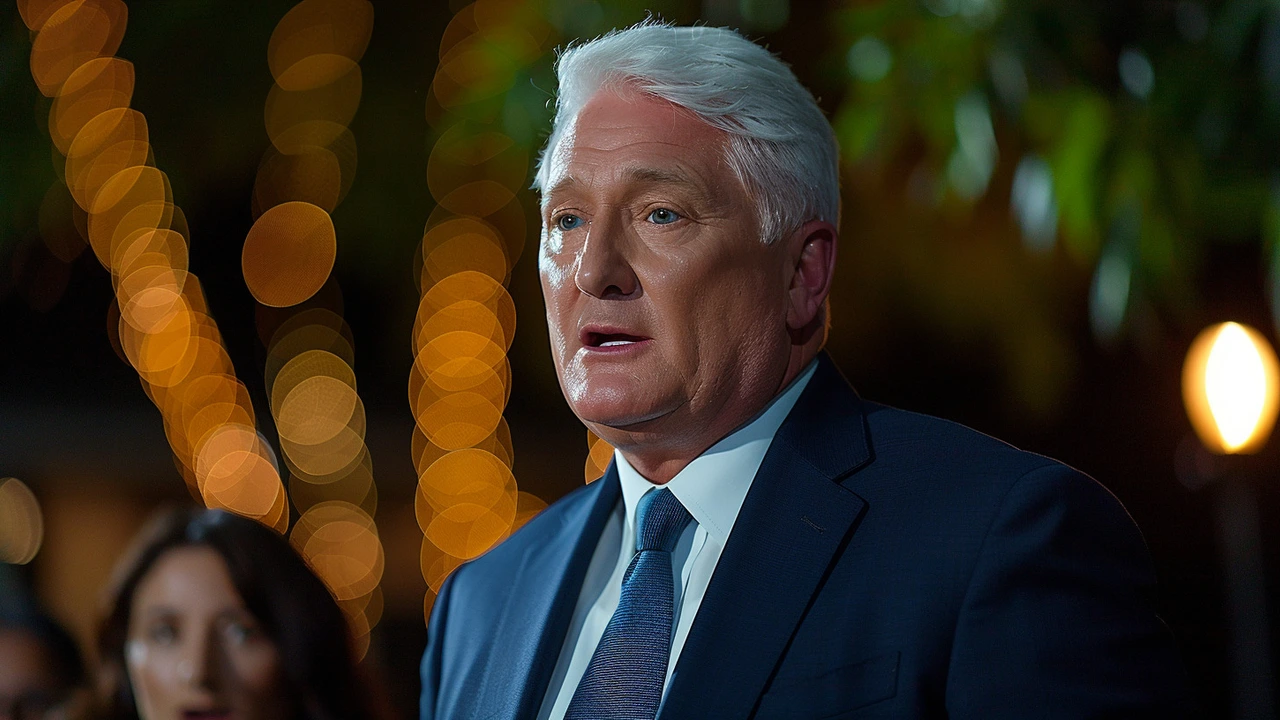Presidential debate: what to watch and why it matters
A presidential debate can change a race in one night. It’s where candidates explain policies, test their nerves, and show how they handle pressure. For voters across Africa, debates are often the clearest chance to compare leaders side by side.
So what should you look for? First, listen to specifics. Vague promises sound safe but mean little. Pay attention to concrete plans on jobs, healthcare, security, and the economy—those affect everyday life. Note the numbers candidates use and whether they say how they will fund programs or meet targets.
Second, watch tone and body language. A calm, clear speaker can inspire confidence. Someone who dodges questions, interrupts constantly, or becomes hostile may struggle in office where diplomacy matters. Spot moments when a candidate answers directly versus when they pivot to slogans.
How to watch and verify claims
Find a reliable live stream or TV channel, check the official electoral commission for schedules, and follow trusted local outlets for translation if needed. Use a second screen for real-time fact checks—trusted global fact-checkers and local investigative journalists will call out false claims fast. If a candidate quotes statistics, pause and note the figure so you can verify it later.
Think beyond soundbites. Social media will explode with clips meant to go viral. Short clips can mislead by removing context. Always seek the full exchange before deciding who “won” a moment. Look at the full answer and the follow-up question to judge how complete the response was.
What debates change — and what they don’t
Debates can shift momentum, especially in close races where undecided voters watch for differences. A single strong performance can boost a campaign’s fundraising and media attention. But debates rarely create policy changes overnight. They reveal character, priorities, and readiness more than detailed governance plans.
If you’re undecided, make a short checklist before the debate: one or two issues you care about, whether you want clarity on funding, and how the candidate treats opponents. Afterward, compare performance against that checklist. That keeps emotions from steering your judgment.
Finally, talk about it. Discuss what you saw with friends, family, or local community groups. Community conversations help surface practical concerns and hold leaders accountable beyond the debate stage. Use debate nights to ask clear questions at rallies or on social media so politicians must answer publicly.
Want live coverage and quick fact-checks on debate night? Follow CottonCandi News for updates from across the continent, expert takeaways, and verified clips so you can decide with facts, not noise.
Bring a short list of simple questions and check candidate answers against promises. Good questions: How will you create jobs in five years? What exact spending cuts or taxes will fund health or education? How will you tackle corruption with concrete steps? Who will you appoint to key ministries and why? What is your plan for national security and borders? After the debate, track whether candidates repeat these answers in interviews; consistency shows planning. Share notes with neighbors to compare impressions and facts daily.
